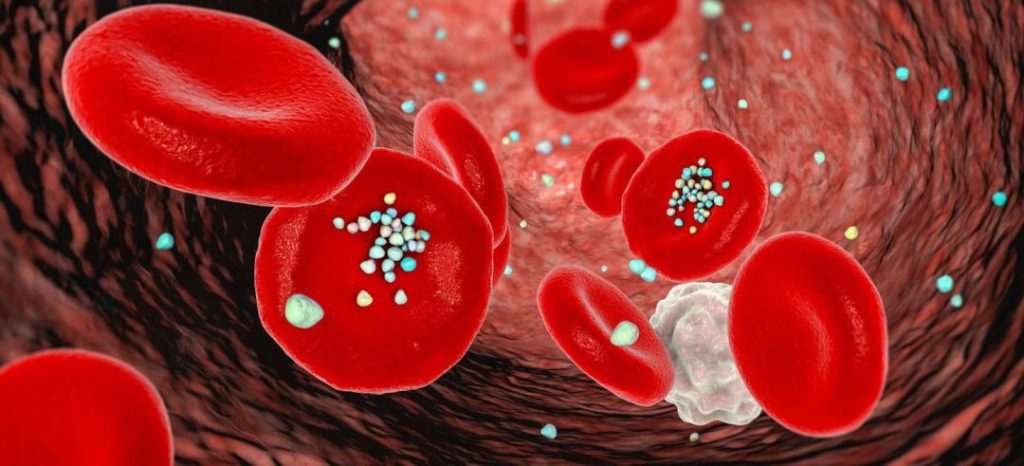
Common Chemical Found in Homes Linked to Heart Disease Deaths: Study
As we go about our daily lives, we often take for granted the numerous plastic products that surround us. From water bottles to kitchen utensils, it’s hard to imagine a world without these convenient and versatile materials. However, a recent study by NYU Langone Health has shed light on a disturbing truth: a common chemical found in many of these everyday plastic products may be linked to a staggering number of heart disease deaths worldwide.
According to the study, synthetic chemicals called phthalates, which are widely used in plastics, may have contributed to an astonishing 356,238 heart disease deaths globally in 2018. Phthalates are a type of chemical used to make plastics more flexible and durable, and they can be found in a wide range of products, from toys and cosmetics to food packaging and household items.
The study, published in the journal Environment International, analyzed data from 2018, which is the most recent year for which global data on phthalate exposure and heart disease deaths was available. The researchers used a combination of data from the World Health Organization and the Global Burden of Disease Study to estimate the number of heart disease deaths attributable to phthalate exposure.
The findings are alarming, and they suggest that phthalates may be a significant public health concern. “Our findings add to the vast body of evidence that these chemicals present a tremendous danger to human health,” said study lead author Sara Hyman. “It’s crucial that we take immediate action to reduce our exposure to these chemicals and protect our health.”
So, what exactly are phthalates, and how do they contribute to heart disease? Phthalates are a class of chemicals that are used to make plastics more flexible and durable. They are commonly used in a wide range of products, including:
- Toys and childcare products
- Cosmetics and personal care products
- Food packaging and containers
- Furniture and household items
- Medical devices and equipment
Phthalates can enter the body through ingestion, inhalation, or skin contact, and they have been linked to a range of health problems, including:
- Reproductive issues, such as birth defects and fertility problems
- Cancer, including testicular cancer
- Neurological damage, including developmental delays and ADHD
- Respiratory problems, including asthma
The link between phthalates and heart disease is thought to be due to the way these chemicals affect the body’s hormonal system. Phthalates have been shown to mimic the effects of estrogen in the body, which can disrupt the normal functioning of the hormone system and increase the risk of heart disease.
The study’s findings have significant implications for public health policy and individual behavior. The researchers are calling for stricter regulations on the use of phthalates in consumer products and for increased public awareness of the risks associated with these chemicals.
For individuals, there are several steps that can be taken to reduce exposure to phthalates. Some of these include:
- Choosing products made from natural materials, such as cotton or wood, instead of plastics
- Avoiding products that contain phthalates, such as some cosmetics and personal care products
- Using non-toxic cleaning products and household cleaners
- Avoiding heating food in plastic containers or wrapping food in plastic wrap
- Choosing food packaging that is labeled as “BPA-free” or “phthalate-free”
The study’s findings are a wake-up call for all of us to take a closer look at the products we use and the chemicals we are exposed to every day. By making a few simple changes to our daily habits, we can reduce our exposure to phthalates and protect our health.
Source: https://nyulangone.org/news/heart-disease-deaths-worldwide-linked-chemical-widely-used-plastics






